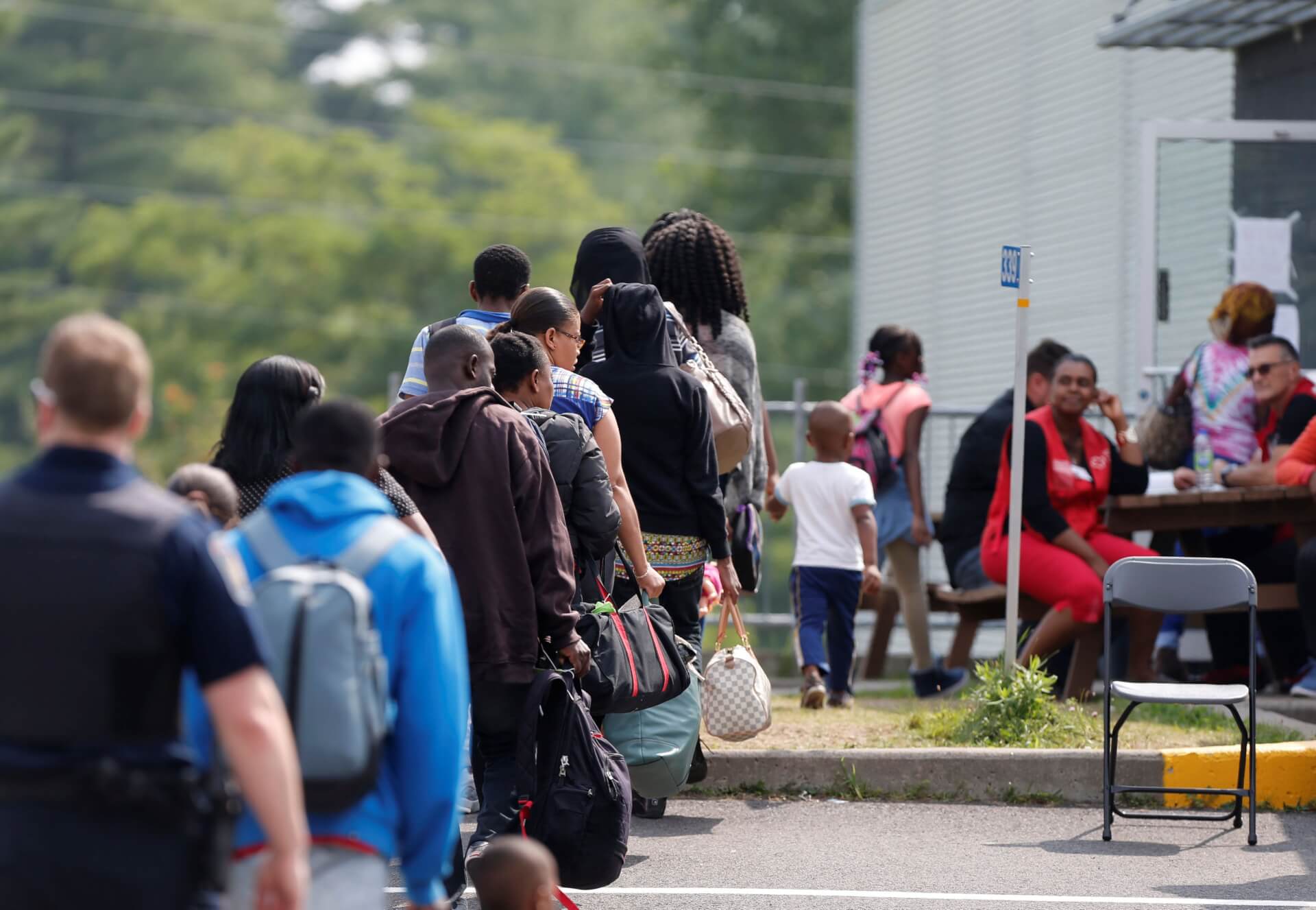The Federal Court of Canada said on Wednesday that the country’s Safe Third Country Agreement (STCA) with the United States (US) infringes upon the Canadian Charter of Rights and Freedoms because it returns asylum seekers to the US, where they are “immediately and automatically imprisoned” by authorities, often under inhumane conditions.
Under the current agreement, refugees can be denied the right to enter Canada if they cross through another country that offers human rights protections. Since the US has been designated a “safe” country, most of those arriving in Canada through official checkpoints have been turned away. However, Judge Ann Marie McDonald found the arrangement to be unconstitutional, because of what the refugees are subjected to while in US custody.
Refugees are returned to the US “based on the understanding that they will have access to a fair refugee determination process,” McDonald wrote. “However, the evidence demonstrates that the immediate consequence to ineligible STCA claimants is that they will be imprisoned solely for having attempted to make a refugee claim in Canada.” She noted that the act of sending people back to such conditions violated the section of the charter guaranteeing their rights to life, liberty, and security.
The Trudeau government has six months—until January 22—to respond to the ruling, and can appeal to the Federal Court of Appeal. If the ruling is overturned, the litigants—which include the Canadian Council for Refugees, Amnesty International, the Canadian Council of Churches, and a number of individual parties—could potentially appeal to the Supreme Court of Canada. Human rights advocates and experts have said that pursuing legal action is part of an enduring effort to push Canada to recognize that human rights violations of refugees are rampant in the US, especially amid the Trump administration’s hardline anti-immigration rhetoric.
Advocates of the treaty argue that it is an effective measure for border control and that it was entered into on the basis that the asylum systems of both Canada and the US meet the necessary level of protection for asylum-seekers under international law. However, critics have said that the pact only encourages people to circumvent Canada’s official land borders, because they know they will be returned to the US, subject to some exceptions.
Canadian Court Rules Asylum Treaty With the US Unconstitutional
The Trudeau government has six months to respond to the ruling.
July 24, 2020

A group of asylum seekers waits to be processed in Lacolle, Quebec in August 2017. SOURCE: THE GLOBE AND MAIL
